
While F. Scott Fitzgerald didn’t delve deeply into the Jewish identity of the young studio executive at the heart of his unfinished novel “The Last Tycoon,” that hasn’t stopped the men behind Amazon Prime’s new miniseries of the same name from taking that and running with it.
“I never got a sense that that interested Fitzgerald very much,” writer-director Billy Ray said. “But the Jewishness of it interested us a lot.”
In Amazon Prime’s version, the German consul general in Los Angeles arrives at the offices of a fictional American studio. His mission on that day in 1936 is to complain to mogul Pat Brady and his wunderkind partner, Monroe Stahr (born Milton Sternberg), about film projects deemed offensive by the Fuhrer.
One movie in question is Stahr’s pet project, a film about his late wife, who had been a famous, non-Jewish actress. The consul, Georg Gyssling — a real figure from the 1930s, fictionalized here — opposes that the heroine marries a Jew.
Gyssling also demands that the studio fire all Jewish employees from its Berlin office, enraging the young Jewish executive. But Brady capitulates to the envoy’s demands, since Germany is a client with deep pockets during the Depression. When Brady later tells Stahr that the meeting went well, the latter replies, “Only if you like book burnings.”
In retaliation, the Jewish executive greenlights a film about a fictional fascist country that subversively “gives the middle finger” to the Third Reich, writer-director Ray said during a recent interview at the Beverly Hills Tennis Club. The tension between Stahr and Gyssling provides a major conflict during the show’s first season, which premieres July 28.
Fitzgerald’s novel makes no mention of the Nazi menace to Hollywood, much less a cinematic feud between a Jewish executive and a Nazi official. Ray said he learned about Gyssling from books such as Neal Gabler’s iconic “An Empire of Their Own: How the Jews Invented Hollywood” and Ben Urwand’s “The Collaboration: Hollywood’s Pact with Hitler.” “Almost all the moguls caved,” Ray said — even though the studio chiefs were predominantly Jewish.
Ray, 53, said that he and the show’s executive producer, Christopher Keyser, deliberately increased the story’s Jewish content because they both are Jewish. Fitzgerald based the character of Stahr on the real mogul Irving Thalberg, who was Jewish.
In Ray’s creation, Stahr’s parents immigrated to the United States in steerage from an area near Kiev. His father, Morris Sternberg, toiled in the garment industry sewing short collars, but over seven years saved up enough money to move his family from Lower East Side tenements to an apartment in the Bronx. Young Milton grew up without any Jewish education and assimilated even further by changing his name before coming to Hollywood. Yet he still has complex feelings, for example, about being a Jew at Christmastime in Los Angeles.
“Fitzgerald was always writing about the cost of the American dream, and we talk about that a lot in terms of Monroe,” Ray said of the series. “You see the perks and power he accrues by becoming not only assimilated but by becoming un-Jewish in that way — although he never claims not to be Jewish. But we also delve into what that costs him.
“Certainly in Season One, there’s an emptiness, a restlessness, and the belief that he can fill that void with adulation, acclaim, experience and success. But he’s finding out that that’s not true. … When you’re in a tailspin for one reason or another, what you care about is much more existential stuff: your identity and what you actually think is your core. It has to do with roots — immigrant roots — with family and the things that make you, you.”
Ray attended Steven Wise Temple and Birmingham High School while growing up in Encino — coincidentally only a few blocks from where Fitzgerald lived during one of his ill-fated stints as a Hollywood screenwriter.
The first Fitzgerald book Ray read was the classic “The Great Gatsby,” when he was 17. Fitzgerald had been accused of expressing anti-Semitism in some of his writing, in particular for the unsavory depiction of Gatsby’s business associate, Meyer Wolfsheim, a gangster based on the real-life Arnold Rothstein.
Ray described Fitzgerald’s bigotry as “lazy” writing, and typical of the fashionable anti-Semitism of his day. Perhaps the author also had negative feelings about Hollywood that “he may have conflated with his feelings about Jews” in the industry, Ray added.
While Ray wasn’t much bothered by Wolfsheim, he was “dazzled by the language of Fitzgerald’s book and what he was trying to say about the American dream.”
Still, when a producer asked Ray to adapt “The Last Tycoon” about four years ago, the filmmaker initially was hesitant. He already had received an Oscar nomination for writing the Tom Hanks drama “Captain Phillips” and simply wasn’t interested in pursuing TV.
Then he read “The Last Tycoon” and “fell in love,” he said. Fitzgerald clearly had admired Thalberg. There not only were opportunities for Ray to explore the character’s Judaism but “to talk about the Hollywood of today through the parable of Hollywood in 1936.”
The conflicts, he insists, are “in the exact same place. Movies are the most expensive art form known to man. … If you don’t have that much money, you need a source of finances. And the second you go to that source, your movie becomes their product.”
Ray also can relate, to a point, with Stahr’s Jewish dilemma.
“It’s impossible, if you’re Jewish, not to at least engage in the fantasy of what life would be like if you weren’t Jewish, good or bad,” he said. “I have what people call a Jewish nose and I took a lot of crap for it in my childhood, and still do. So there was always that thought of, if I fixed that, and I didn’t walk in with this flag, what would my life be like? Would it be better or worse? … Monroe is balancing the reality of being Milton Sternberg with the perks of being Monroe Stahr, and I identify with that struggle.
“To be Jewish in America can be constantly negotiating how much of your Jewishness you want to hold on to and how much of it you want to abandon.”
“The Last Tycoon” debuts July 28 on Amazon Prime.






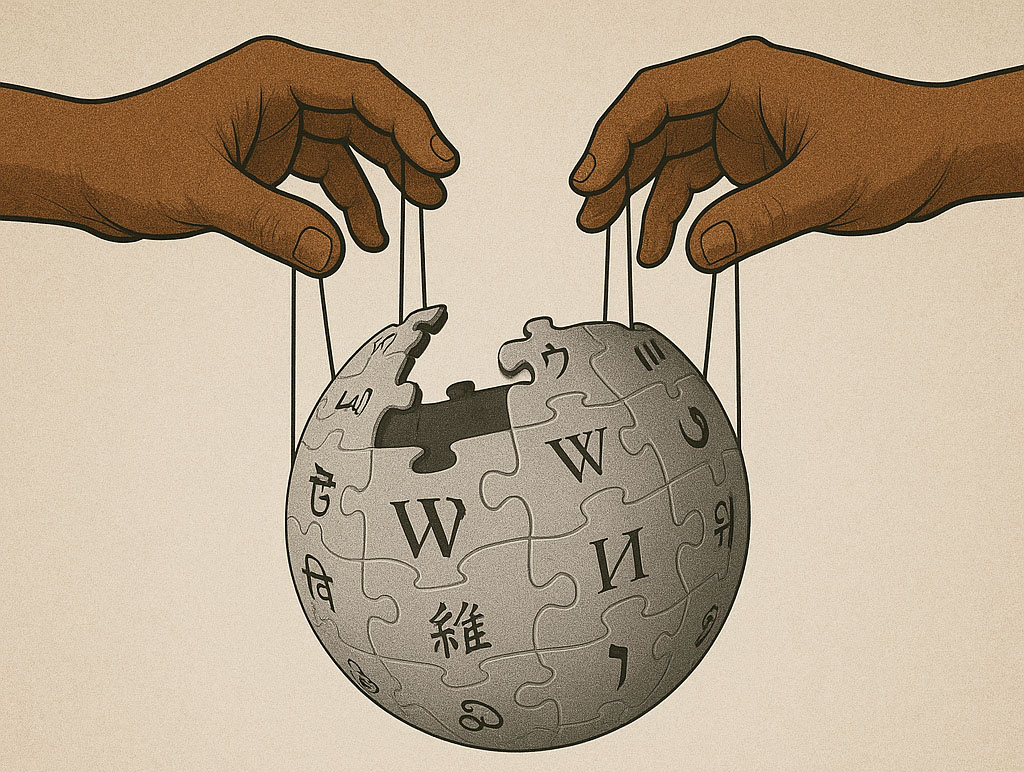
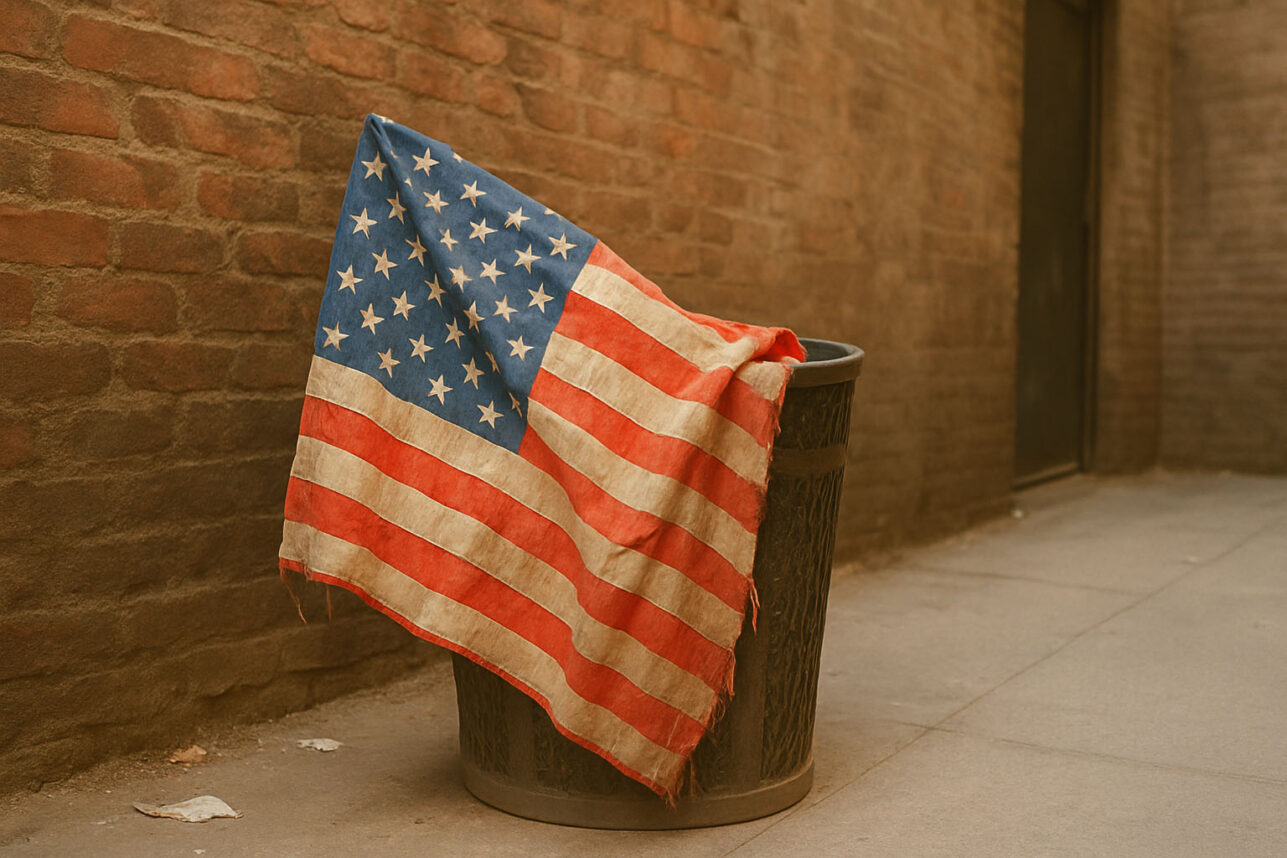

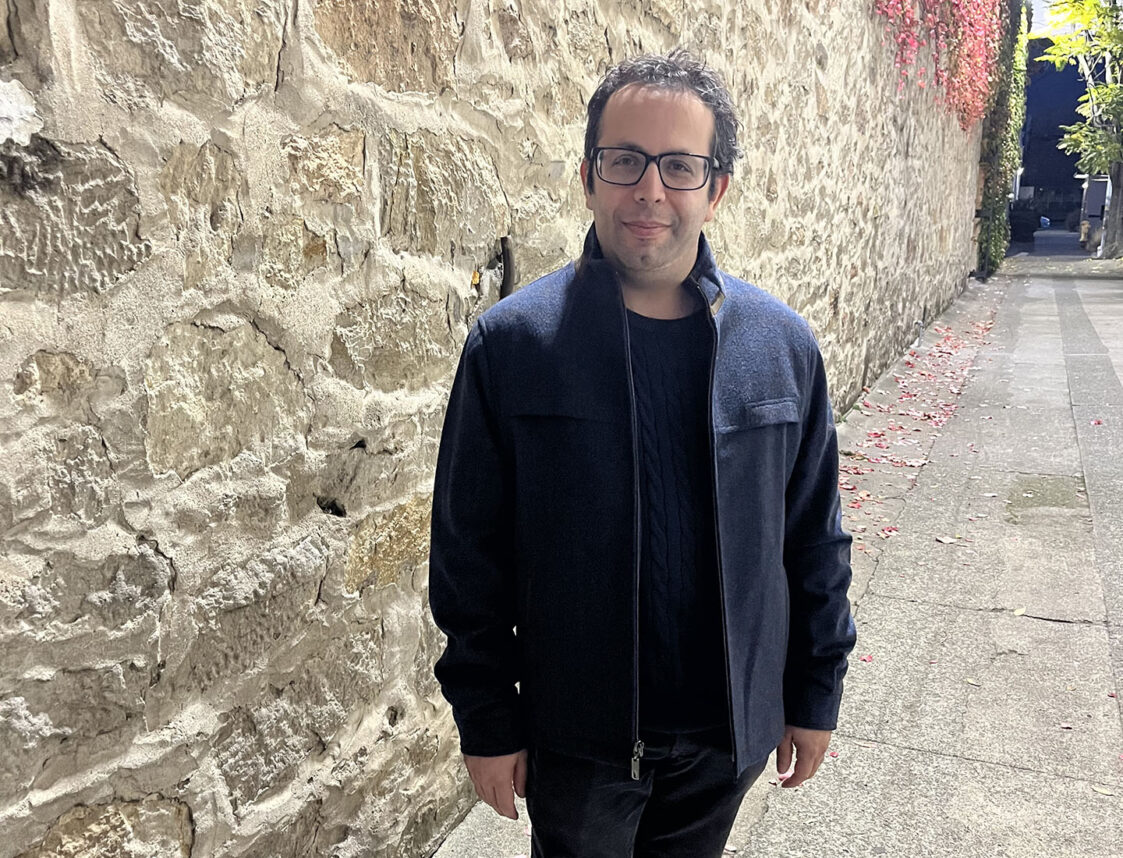

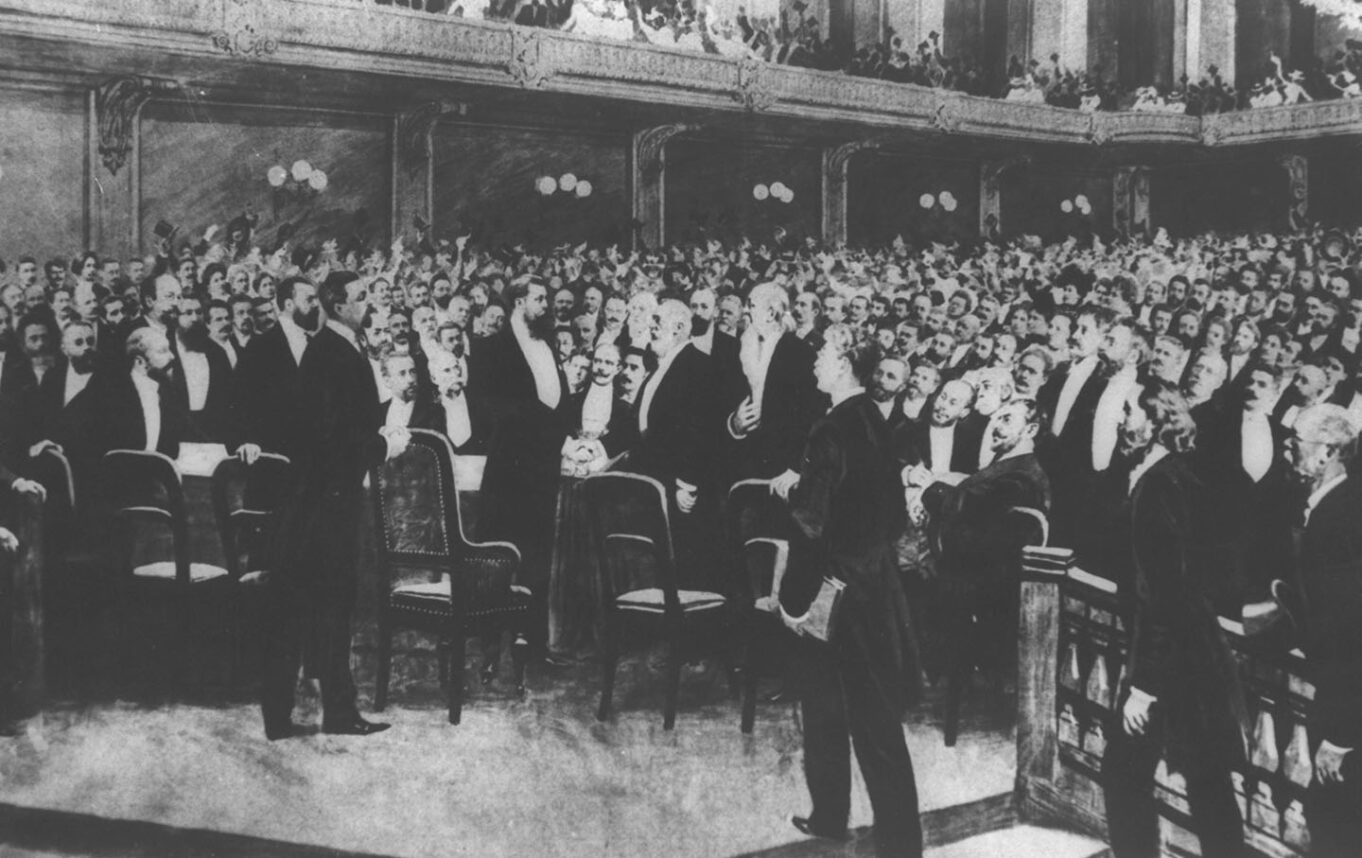
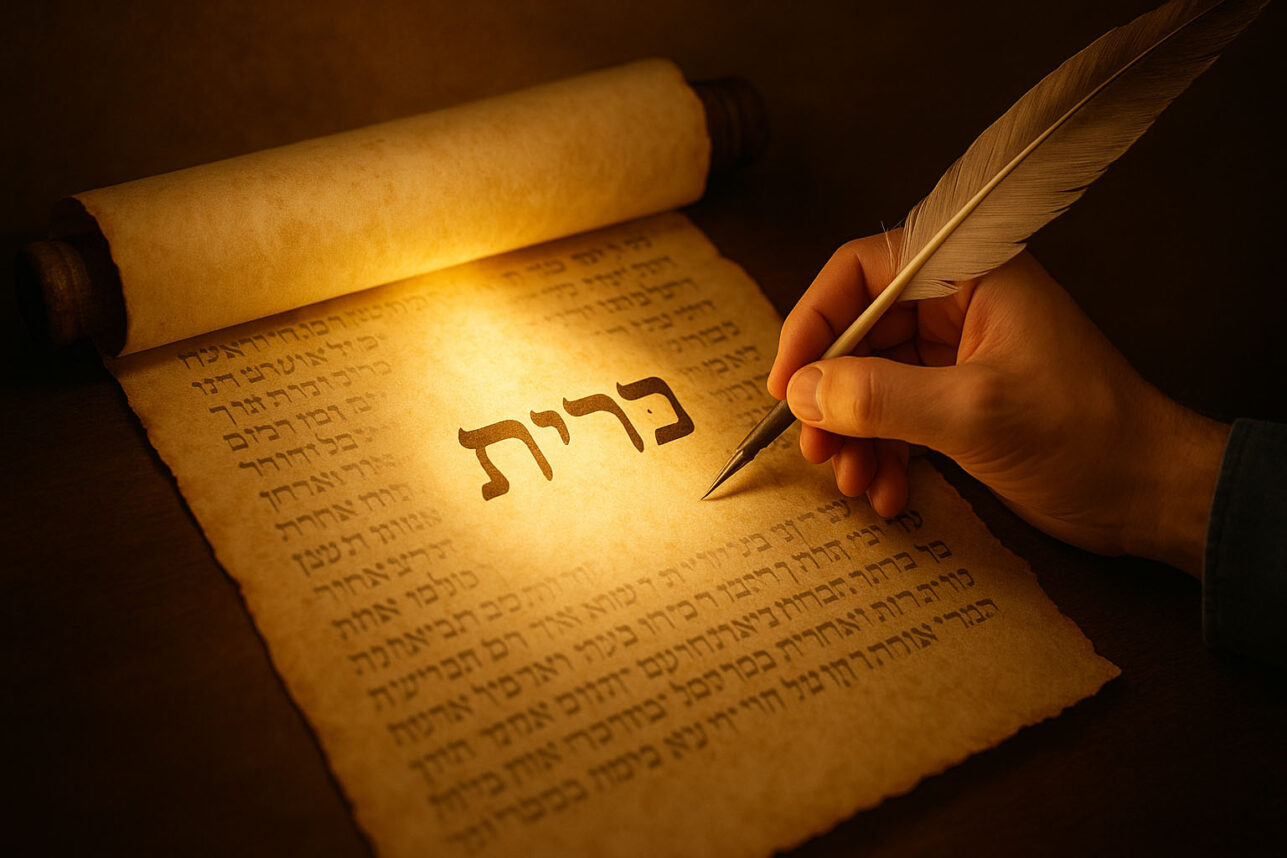
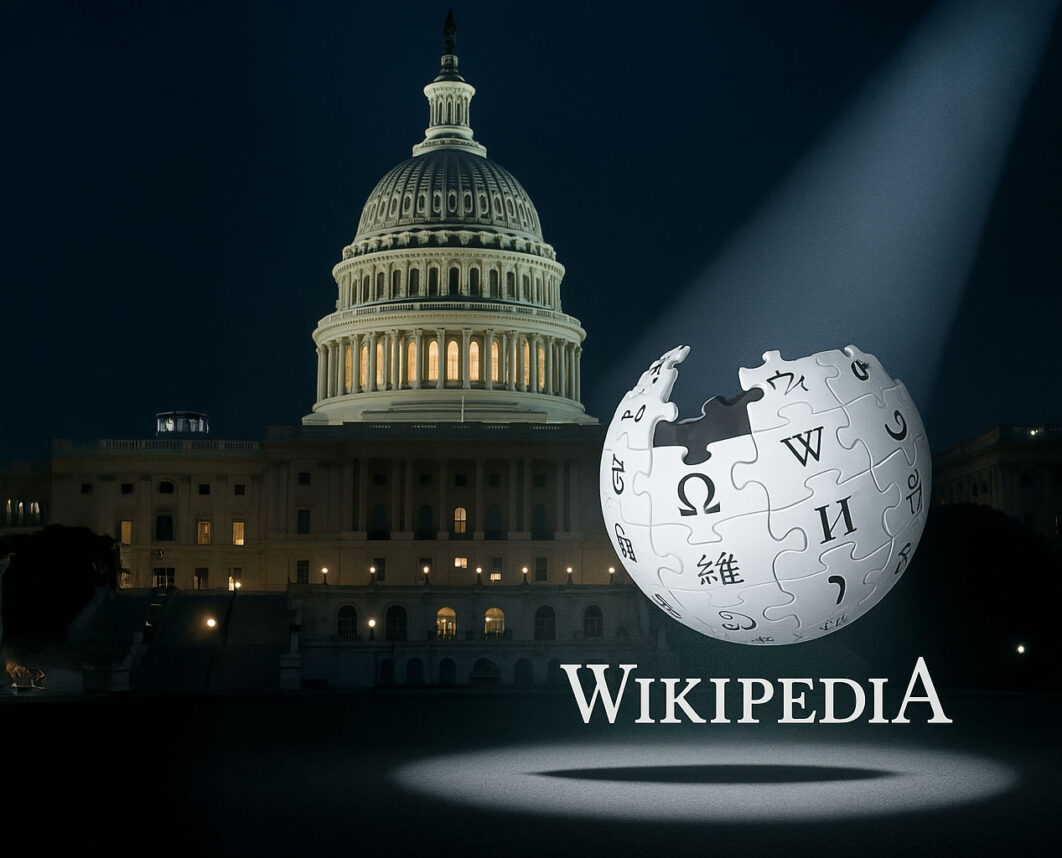


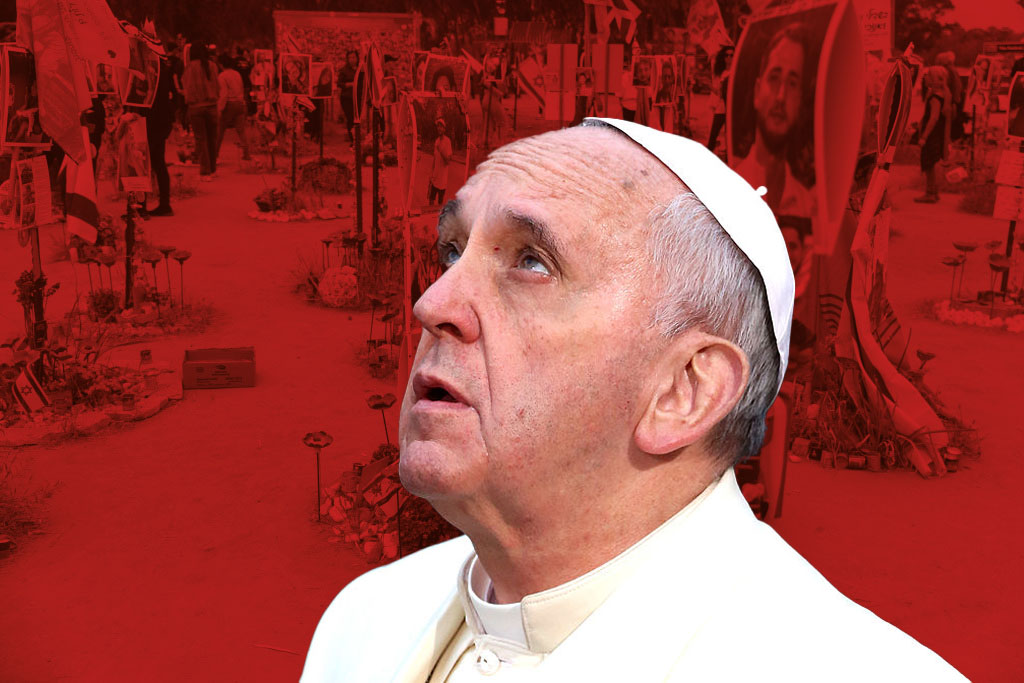



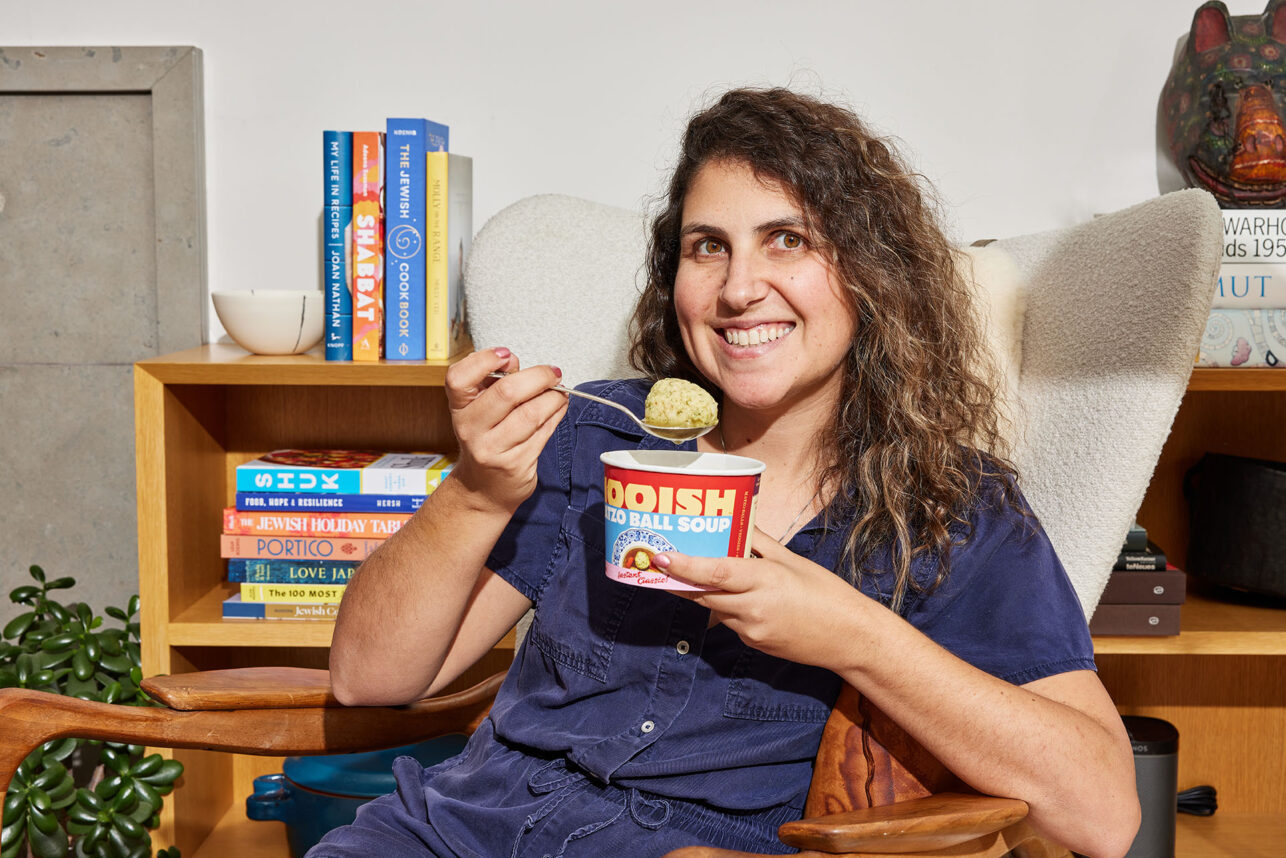

 More news and opinions than at a Shabbat dinner, right in your inbox.
More news and opinions than at a Shabbat dinner, right in your inbox.